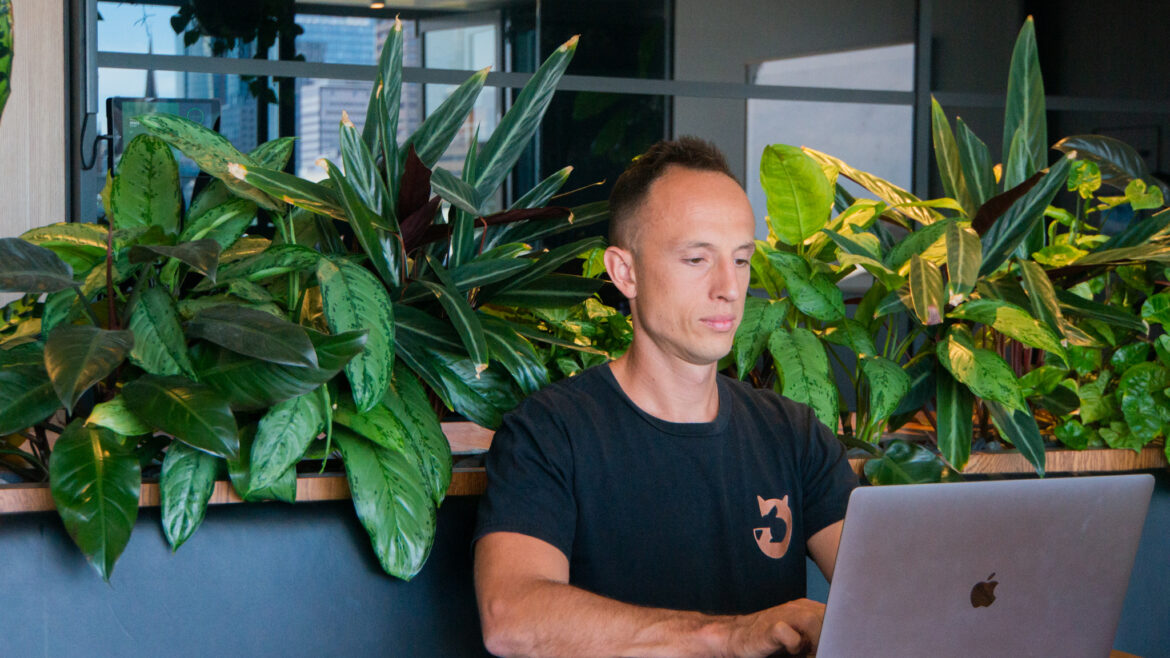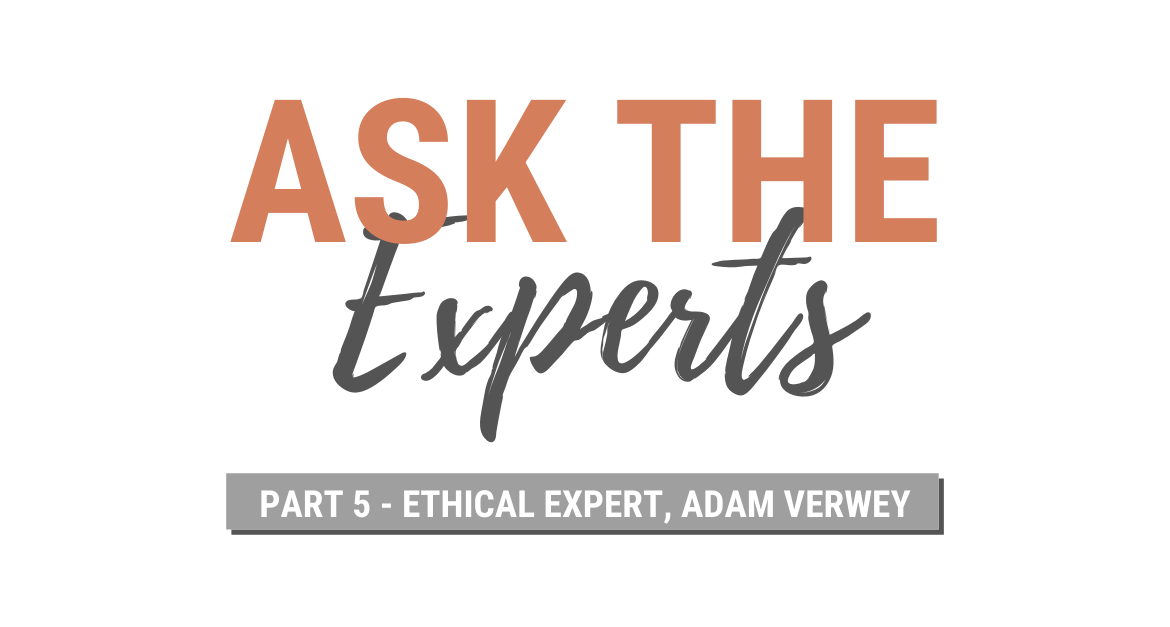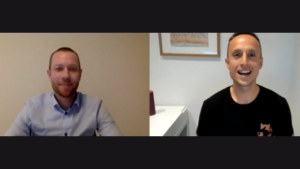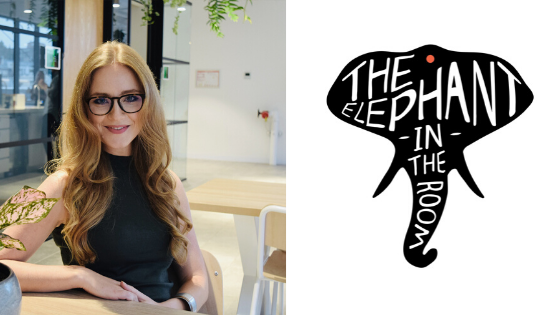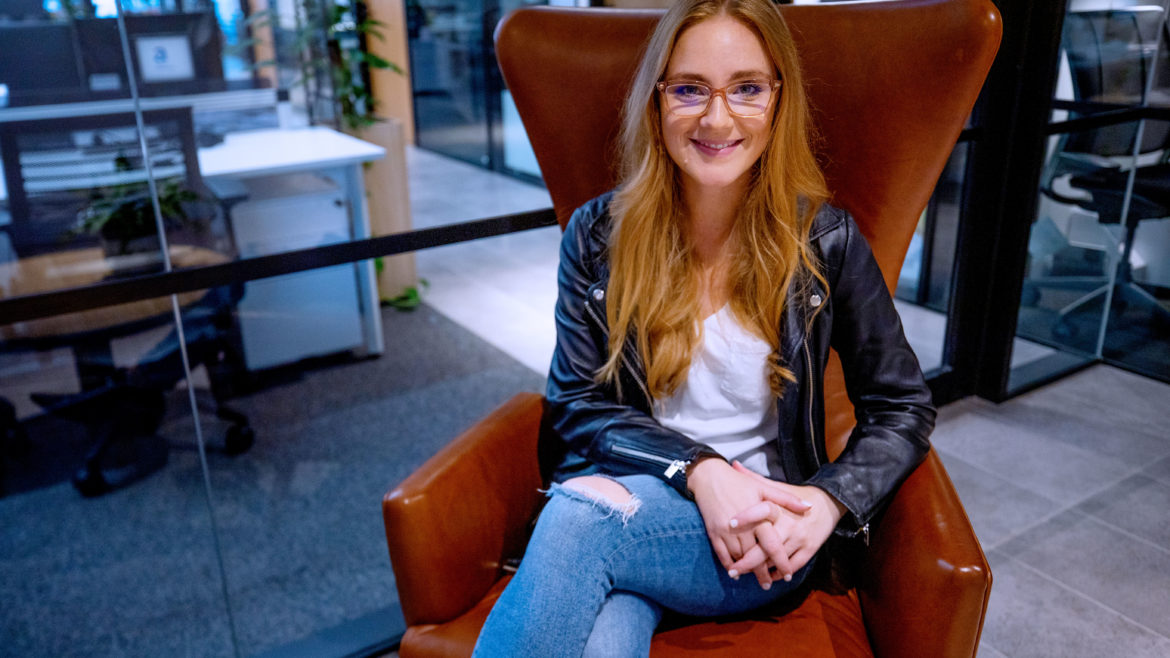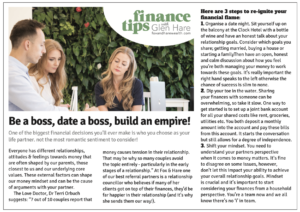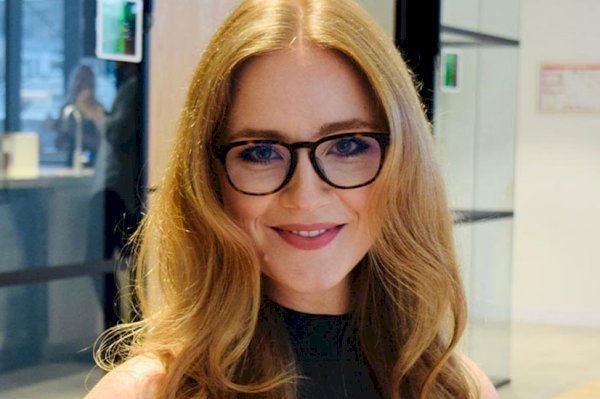How to attract the Millennial Generation
Glen and Jess unpack with Money & Life how to attract the millennial generation whilst building a modern business.
“Millennials don’t struggle to imagine the future. Where they get lost is connecting the dots.” – Jess Brady & Glen Hare, Financial Advisers, Fox & Hare
The Millennial Generation (currently aged 26 – 40) arguably have some of the biggest financial decisions to plan for in the near to immediate future—buying their first home, starting a family, or transitioning that side hustle into a business. Yet, most individuals are not seeking advice until they are close to retirement. We caught up with Glen Hare & Jess Brady, founders of Fox & Hare, an advice practice specialised in servicing the needs of millennials. Glen & Jess are early adopters of new technology and users of Morningstar’s financial planning software, AdviserLogic. Here are 5 tips to help you attract and retain this untapped clientele.
1. Demystifying Financial Advice
First things first, you need to get millennials in the door, and this starts with breaking down the preconceived notion that one needs to be old and rich in order to get financial advice. No one wants to be nearing retirement and thinking ‘imagine if I did this 30 years ago.’ Savvy and educated millennials will have questions around fees and conflicts of interest post-Royal Commission. To highlight the value of advice, you need to be able to answer those questions and be transparent about what you can and cannot deliver. It is imperative that you show clients the sooner they can make smarter financial decisions, the far better off they are going to be in the long run.
2. Lead with Education in all Parts of the Journey
While millennials might be coming in with some financial knowledge and have DIYed in the past, many will have reached a cap in terms of their financial understanding or their ability to execute. Or this might be the first time they are talking about their finances and can be intimidated. By educating your client in all parts of the advice journey, you help them feel comfortable with the investment decisions and how those decisions will get them closer to achieving their goals, all while building their financial literacy.
3. Goals & Value Session, the “Lightbulb Moment”
By exploring goals early on, you help clients understand that it is a balancing act between living now and planning for the future. From the start, Fox & Hare engage their members in a goals and value session, asking them to imagine what their next 12 months, 5 years, and beyond looks like. This is an opportunity to highlight that your role as an adviser is to focus on the financial levers such as cashflows, tax optimisation, budgets, etc. Clients will have a “light bulb” moment when you connect the dots and use modern technology to demonstrate how your expertise in balancing these levers will enable them to achieve their goals.
4. Millennials Expect Technology-Enabled Advisers
Younger clients want to engage with an adviser on their terms. Advice businesses need to focus on how they connect with clients in an efficient and scalable way whilst also immersing themselves in the client experience. When choosing a technology provider for their business, Fox & Hare appreciated that AdviserLogic understood the needs of IFAs and shared their passion for improving Australians’ access to quality financial advice. AdviserLogic’s intuitive layout and ease-of-use helps advisers increase their clients’ confidence in the advice they are being given. This extends to even screen sharing for a more engaging and personal walk-through with clients, illustrating how the advice links to their goals. Extending your CRM by connecting it with other apps is also a great approach. AdviserLogic integrates with Zapier, opening access to productivity tools like Calendly (a simple scheduling tool for booking meetings that eliminate back and forth emails at any time of the day or night), Google Forms (which enables you to build and survey clients in minutes), and DocuSign (eliminating the need for physical wet signatures). These apps help advisers better connect and deliver a more engaging experience for younger clients.
5. Client Feedback Should be More Than Just a Survey
Ultimately clients are seeking your advice to grow their wealth and meet goals, but it is equally important to ensure they are happy along the way. Millennial-focused businesses like Fox & Hare believe in ongoing engagement through focus groups and continually interviewing their clients. This is done both before they launched the business to make sure they were reaching their millennial audience and to monitor and improve their onboarding process over the first 90 days for new members. This quick feedback helps them meet and even exceed client expectations.


